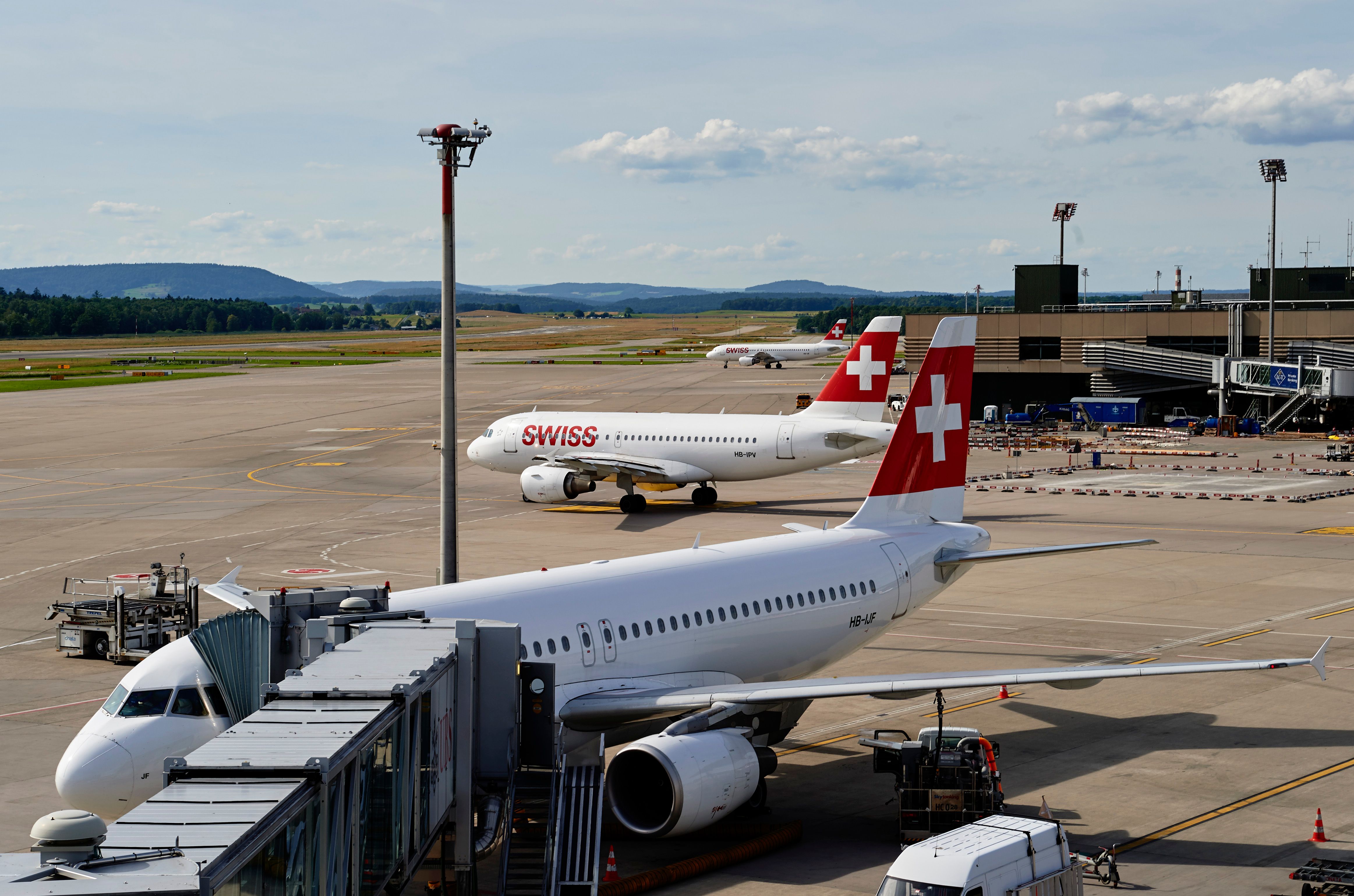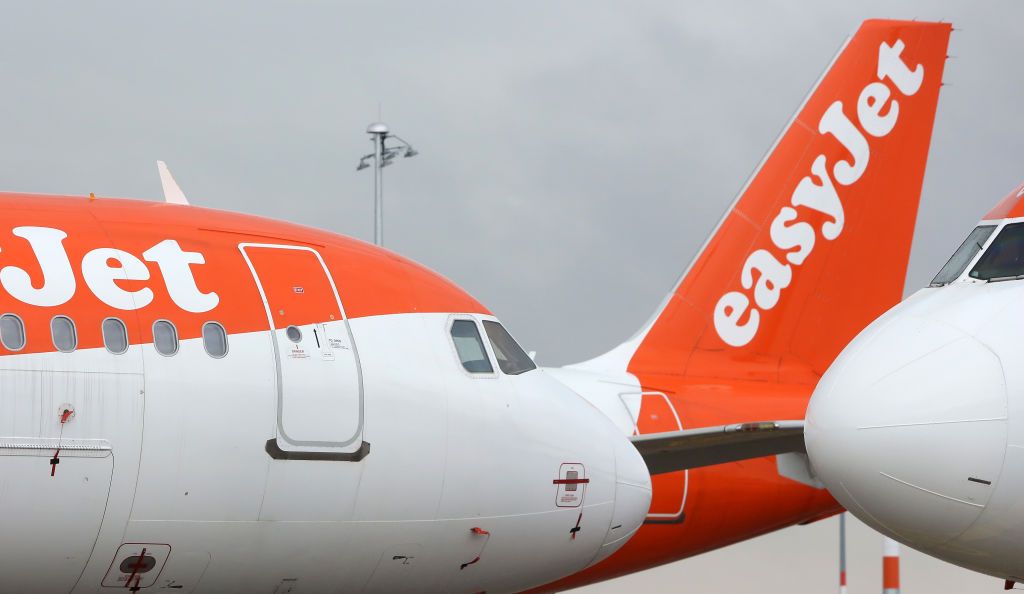Travel plans were left in disarray at Zurich and Geneva airports on Wednesday morning following a technical malfunction with air traffic control systems (ATC).
Two-hour outage
Regional ATC agency Skyguide confirmed the incident on its Twitter account, adding that it had closed Swiss airspace early in the morning for safety reasons. The outage lasted around two hours, with operations gradually resuming from 8:30.
“The Swiss air navigation service provider Skyguide experienced a technical malfunction in the early hours of this morning, which is why Swiss airspace has been closed to traffic for safety reasons,” the company wrote in a statement.
“This airspace closure is in effect until further notice. Skyguide regrets this incident and its consequences for its customers, partners and passengers at Geneva and Zurich airports, and is working to find a solution. Skyguide will provide further information as soon as it becomes available.”
Some services were re-routed to nearby Milan, Lyon, and Vienna, while short-haul services were put on hold.
Zurich Airport noted it was operating at 50% capacity until 9:30, then 75% capacity from the morning onwards. Geneva Airport also reported it was gradually returning to service through the morning; however, several flights had been canceled. Both airports have advised passengers to check the status of their flights with their respective airlines.
There is currently no information regarding the cause of the malfunction, though Skyguide is reportedly in contact with the Swiss National Cyber Security Centre to rule out malicious cyber activity, according to a statement provided to The Hindustan Times.
The incident follows frequent delays and cancellations at airports across Europe over the past several months, primarily caused by understaffing as airports struggle to meet post-pandemic demand.
Cohesive ATC
The outage in Switzerland this morning has highlighted the need for a cohesive ATC system across Europe. While both airports handle around 500 combined flights daily, the country’s central European location sees frequent air traffic across its airspace.
Airlines including easyJet, Ryanair, and KLM have expressed support for a unified system, completely removing air borders, with easyJet noting a unified system could slash emissions by 15%, in line with commitments to net-zero carbon emissions by 2050.
In 2020, Airlines For Europe touted the financial benefits of a single European sky, working alongside the University of Bergamo to produce evidence that the unification could save up to €37 billion each year.
However, some skepticism remains, with proponents arguing that little progress has been made in the 20 years since the movement’s conception, as EU nations struggle to agree on the schemes.
“The European Commission has been trying to deliver the benefits of SES since the early 2000s, but state inaction has meant that none of its targets have been met,” noted IATA Director-General Willie Walsh in April 2021. “The intransigence and selfishness of key EU states and their air navigation service providers threaten to collapse the latest Commission effort.”
“We see this quite frankly as a scandal … We need politicians to step up and address this issue. This is not a technology issue. This is a lack of political will to address it. It’s well documented on a conservative basis that CO2 from operations in Europe, aviation in Europe, could be reduced by 10%,” added easyJet CEO Johan Lundgren.
Were you caught up in the delays in Switzerland this morning? Should Europe move towards a unified Air Traffic Control system? Let us know in the comments.
Sources: The Hindustan Times, Reuters


